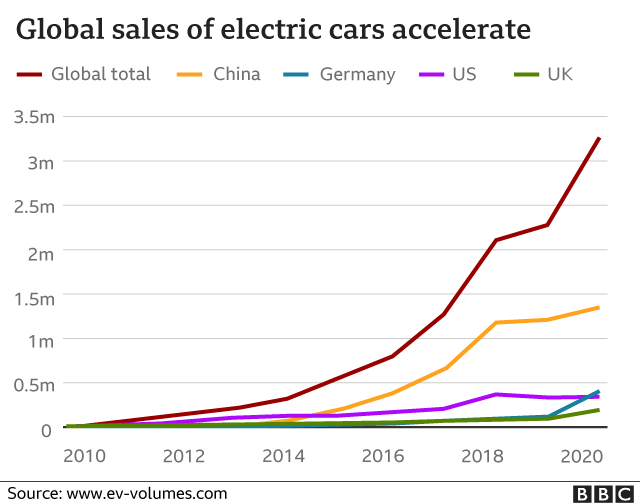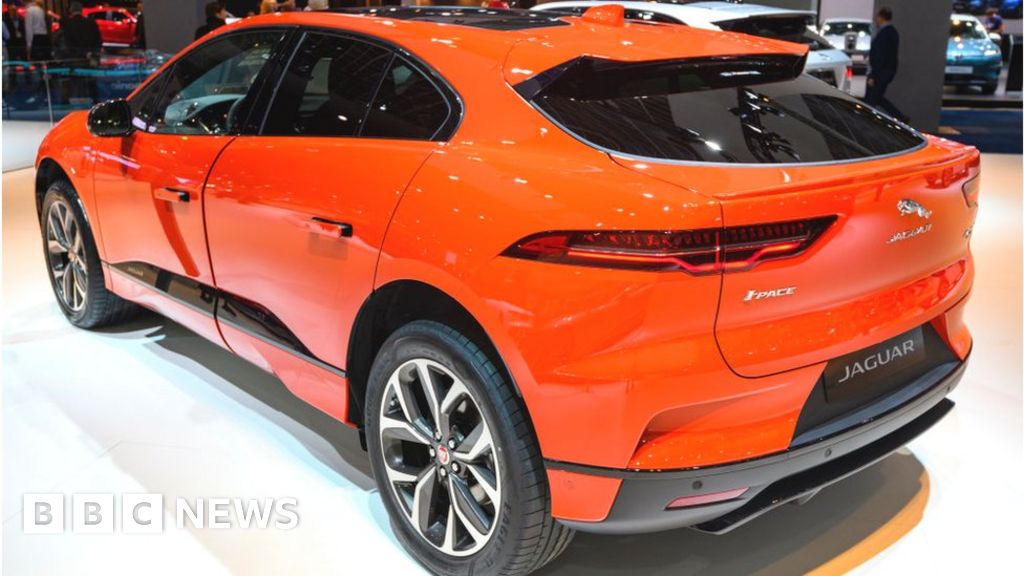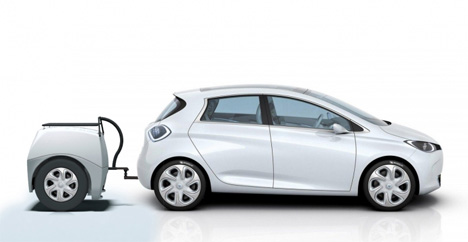WTH_Progs?
Diamond Member
- Feb 19, 2019
- 12,229
- 10,327
- 2,140
Electric cars aren't eco-friendly contrary to they'd have you believe.bad bad news for all authoritarian gas-stations like KSA, Muscovy, Venezuela , what will happened to them once oil (so no crazy jets full of cash landing on the roof of the Putin´s dacha) becomes what is coal today ?
"
....
We are in the middle of the biggest revolution in motoring since Henry Ford's first production line started turning back in 1913.
And it is likely to happen much more quickly than you imagine.
Many industry observers believe we have already passed the tipping point where sales of electric vehicles (EVs) will very rapidly overwhelm petrol and diesel cars....

Jaguar plans to sell only electric cars from 2025, Volvo from 2030 and last week the British sportscar company Lotus said it would follow suit, selling only electric models from 2028.

General Motors says it will make only electric vehicles by 2035, Ford says all vehicles sold in Europe will be electric by 2030 and VW says 70% of its sales will be electric by 2030."

Why electric cars will take over sooner than you think
The BBC's Justin Rowlatt explains why we are accelerating towards an electric car future.www.bbc.com
FACT
Another get rich scheme. All I can say is stay the fuck off my combustible engines.


